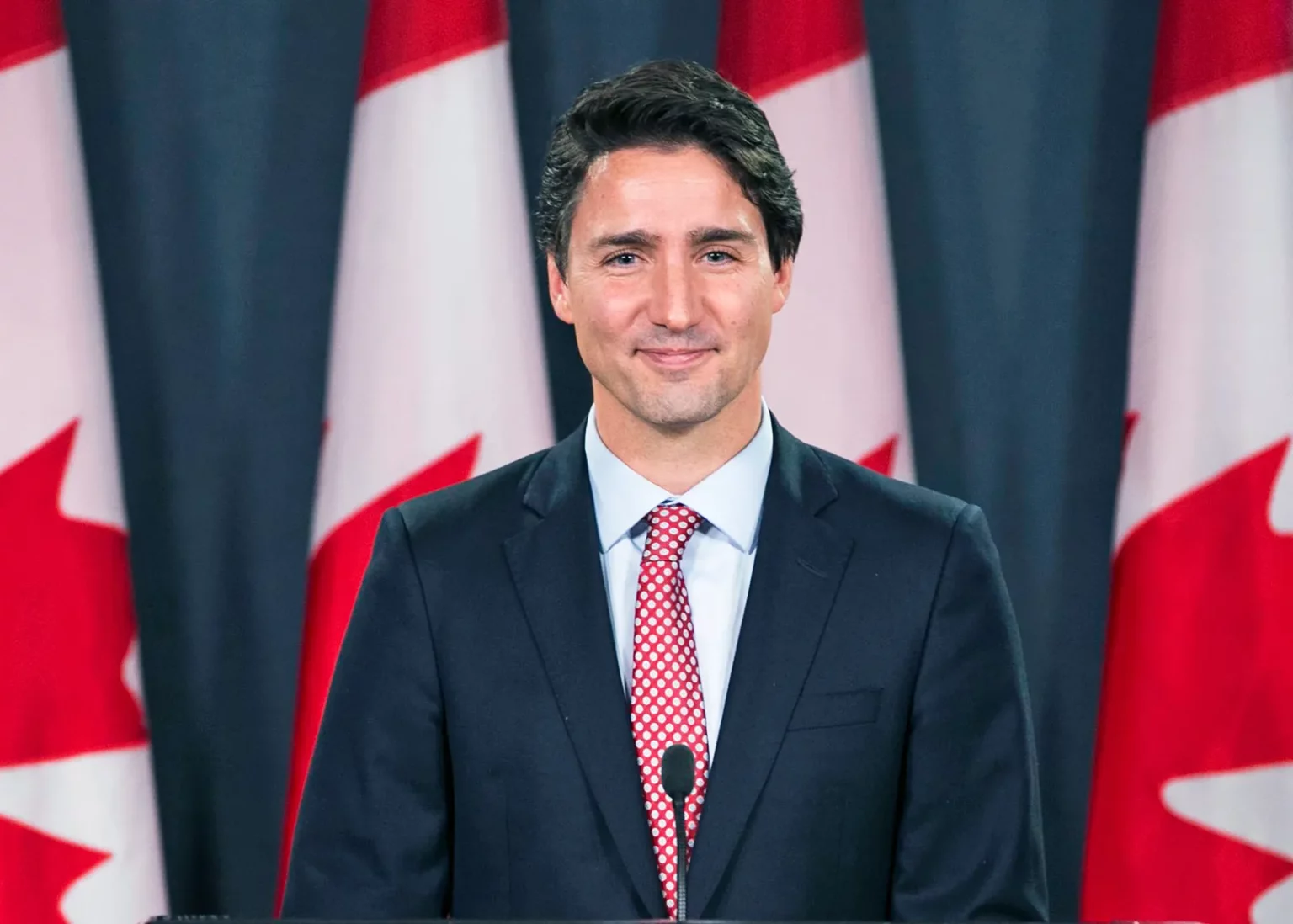Following his participation in the G20 Summit in New Delhi, Canadian Prime Minister Justin Trudeau and his delegation encountered a series of challenges that marred their trip to India. The ordeal began when their aircraft experienced technical issues, leaving them stranded for a frustrating two days.
At 1 pm on Tuesday, Trudeau and his team were finally able to depart as the technical problems with their plane were resolved, and it was deemed safe to fly. This came after reports indicated that a backup plane and spare parts were en-route to India to facilitate their return. Throughout this ordeal, Canada had announced that the earliest possible departure from the Indian capital would be late Tuesday afternoon, emphasizing that their armed forces were tirelessly working to ensure the delegation’s safe return.
The aircraft’s technical issues marked an inauspicious end to Trudeau’s trip to India, which had already been marred by criticism from the Narendra Modi government. Prior to the plane breakdown, Trudeau had faced public criticism from Prime Minister Modi for allegedly permitting “anti-India activities of extremist elements in Canada,” a direct reference to the Khalistan issue.
During a meeting between Prime Minister Modi and Canadian Prime Minister Justin Trudeau, Modi expressed serious concerns about the ongoing “anti-India activities” carried out by extremist elements in Canada. He emphasized the importance of both countries collaborating to address these threats.
The relationship between India and Canada has experienced strains, with Ottawa recently putting negotiations for a trade agreement with New Delhi on hold. One contentious issue is political protests by Canada’s sizable Sikh population. In June, Hardeep Singh Nijjar, a pro-Khalistan supporter, was fatally shot by two masked assailants in British Columbia. Khalistan separatists in Toronto staged demonstrations, alleging that the Indian government was responsible for Nijjar’s death. The investigation into the killing is still ongoing.
Trudeau’s national security adviser has accused India of significant interference in Canadian affairs. While the two prime ministers didn’t have a formal meeting at the summit, they briefly discussed foreign meddling and the importance of respecting the rule of law. Trudeau has raised concerns about Punjab separatists in Canada and Indian interference in Canadian matters during previous conversations with Modi. Trudeau emphasized Canada’s commitment to defending freedom of expression, peaceful protest, and the rule of law while denouncing violence and hatred. He stressed that the actions of a few individuals should not be taken as representative of the entire community or Canada as a whole.
Back in Canada, Trudeau faced criticism and scrutiny due to his travel delays, which also sparked a broader discussion about the deteriorating state of Canada’s infrastructure. The Airbus A310 aircraft used for Trudeau and other high-level officials’ international travel date back to the 1980s and are showing signs of aging.
These planes are so old that they often require refuelling stops during Trudeau’s trips to Asia, resulting in layovers in places like Alaska and Japan before reaching their final destinations. Trudeau’s main political opponent, Conservative Party leader Pierre Poilievre, seized the opportunity to criticize the Prime Minister for what he perceived as mismanagement.
Poilievre took to social media, stating that Trudeau was now experiencing the same flight delays that he had imposed on Canadians through his alleged mismanagement of federal airports. In another post, he hinted at a potential change in government during the 2025 federal elections, suggesting that a new leadership was on the horizon for the country. Recent opinion polls have shown the ruling Liberal Party trailing the Conservatives by double-digit margins.
During his first official visit to India in 2018, Justin Trudeau received a lukewarm reception from Indian ministers. Unlike previous visiting leaders, Trudeau was greeted by a junior minister upon arrival in New Delhi. Prime Minister Modi delayed their meeting by at least two days and was absent during Trudeau’s visit to Gujarat.
To make matters more awkward, Trudeau stayed in his hotel room at the Lalit Hotel in New Delhi due to a plane issue, and he had no official engagements with the Indian government that day. The Ministry of External Affairs and the Minister of State who was supposed to receive him confirmed no other scheduled activities or requests. This visit marked a less than warm start to Trudeau’s trip to India.
Trudeau and his son, Xavier, spent the day at the hotel in New Delhi.
Xavier had been traveling with him, accompanying him to Jakarta and Singapore before arriving in India. Initially, the Canadians and the Japanese had reserved most of the rooms at the Lalit Hotel, but currently, only about 30 rooms are occupied by the PM’s core team and accompanying media.













